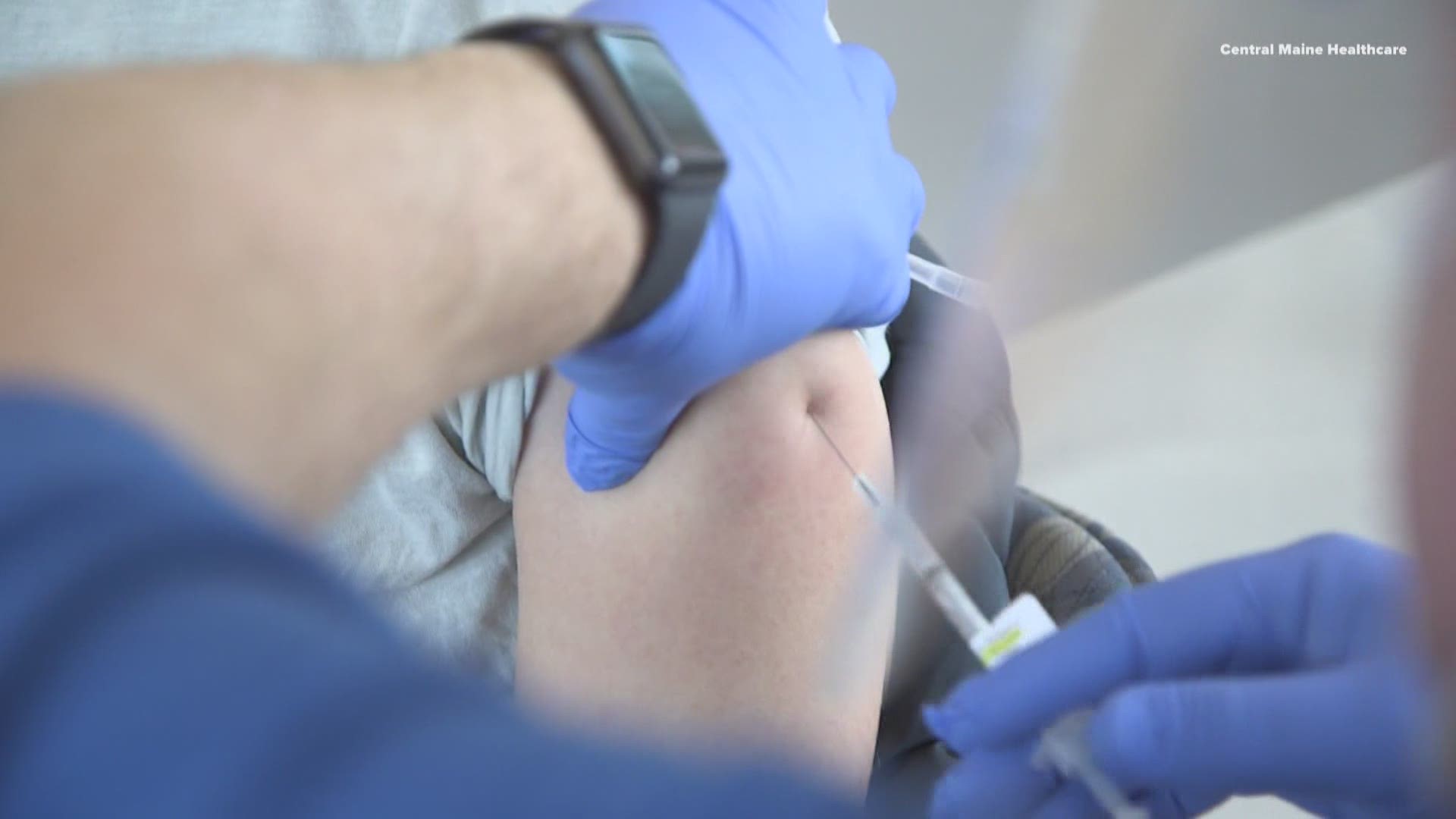MAINE, USA — Many Americans are distrusting of the new COVID-19 vaccines.
According to a Pew Research Center survey from December, nearly 40 percent of Americans say they will "definitely not" or "probably not" get the COVID-19 vaccine when it's their turn.
As we understand it, two significant factors for distrust come down to timing: the speed with which these vaccines were developed and pushed to market, and how long the clinical trials were ahead of their roll-out.
While the manufacturing of the vaccines was expedited, health experts say we should not be worried that "corners were cut" in terms of science.
"Emergency-use authorization" is a tool used to expedite getting a medication approved by prioritizing the work that needs to be done at the federal level.
Northern Light Health Associate Vice President Matt Marston said, "All it does is prioritize the work that needs to be done. All the same work is done, it just puts that ahead of other reviews to make sure the FDA can evaluate it in an expeditious manner given the acute need the public has to receive that medication."
As for long-term clinical trials, health officials say those rarely happen before vaccines roll out, in part because vaccines have historically shown to have very minor and rare long-term effects.
The COVID-19 Senior Physician Executive for Northern Light Health, Dr. James Jarvis, said, "Vaccines typically have very little untoward effects on the long term effort. Most of the time, the effects that we have from vaccines, are almost immediate. So usually within the first 15 to 30 minutes, and certainly within a short period of time after the vaccine has been administered."
While the mRNA vaccines (Pfizer and Moderna) are new, Dr. Jarvis said the science behind them is not.
"Even the two novel vaccines of Pfizer and Madonna really are not a novel technology. We use this technology and other ways of advancing healthcare, so that's not new."
Dr. Jarvis explained these vaccines use the science of our own biology to assist in fighting against infection.
"It's actually a very clever way of doing things because it's basically just having our bodies turn on ourselves, to make that spike protein so that we can then have our immune system fight that spike protein."
Dr. Jarvis said the mRNA in the vaccines naturally degrade within the body, saying, "When we inject that messenger RNA, our cells take it up and it immediately starts producing that spike protein and degrades the messenger RNA so that it no longer exists in our body. Then, our immune system fights off that spike protein, and we are prepared if we get exposed to that virus itself."
Ongoing clinical trials for the Moderna, Pfizer, and Johnson & Johnson COVID-19 vaccines are being carried out right now in order to acquire long-term data.
If you have further questions about COVID-19 vaccine safety and efficacy, email us at Verify@newscentermaine.com.

